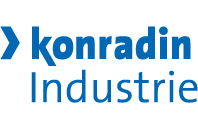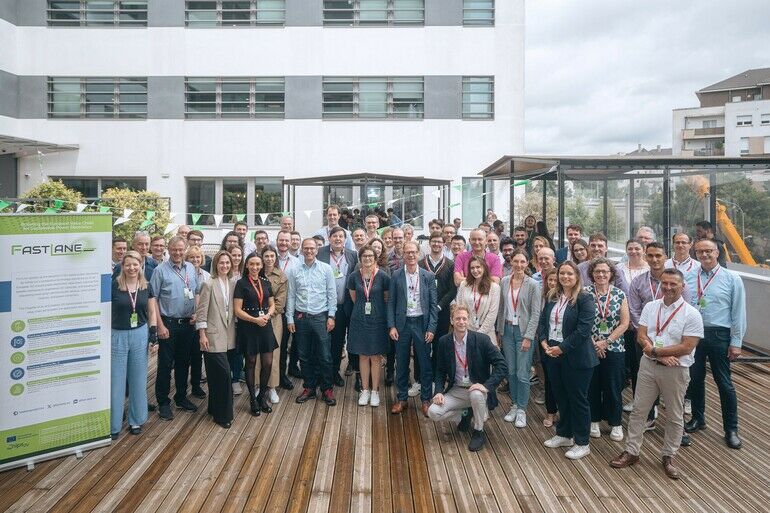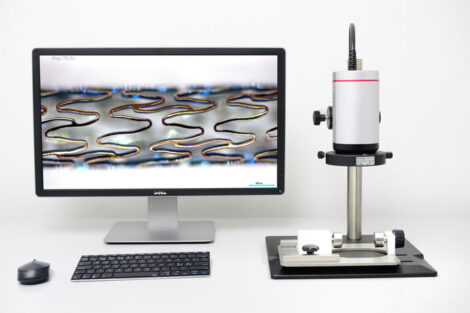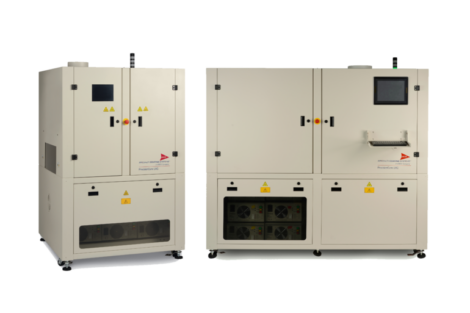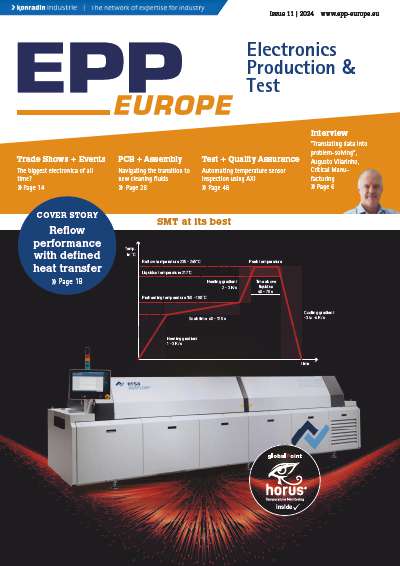German manufacturer of materials for the assembly and packaging of devices in the electronics industry, Heraeus Electronics, has announced its participation in the FastLane project, an EU-funded initiative aimed at revolutionizing the European value chain for Silicon Carbide (SiC)-based power electronics. This project, led by Valeo France, spans 36 months, from May 1, 2024, to April 30, 2027.
The FastLane project entitled ‘Boosting the European Value Chain for Sustainable Power Electronics,’ brings together 29 partners with a total budget of EUR 96 million, including a EUR 23 million contribution from the EU. The initiative aims to accelerate the adoption of SiC-based power electronics by establishing a full and highly competitive technology excellence across an all-European value chain, from powder and boule to engineered SiC substrates. This comprehensive approach will enable the development of novel smart semiconductor devices, smart power modules, and power converters, significantly broadening the application domains for SiC-based technologies.
Heraeus’ role
Heraeus Electronics will develop innovative Ag sintering and AMB materials to enable the design of new, cost-efficient SiC power modules.
Within the FastLane project, the company will focus on developing new Ag sintering materials for precious metal-free metallized Active Metal Brazed (AMB) substrates and aluminum heat sinks. By minimizing the number of metallization steps and layers, Heraeus aims to simplify the production process, reduce thermal interfaces, and decrease material complexity in the power module stack. These advancements will enable the design of new, cost-efficient SiC power modules with higher power density, longer lifetime, and overall reliability.
FastLane Project
The FastLane project is poised to significantly contribute to the European Green Deal by reducing the environmental footprint across the product lifecycle, promoting a greener economy, and ensuring European sovereignty in power electronics. The reuse of automotive economy of scale will also provide cost benefits to end users, making these advanced technologies more accessible.
In Germany, this project is co-funded by the Federal Ministry of Education and Research (project no. 16MEE0415).
